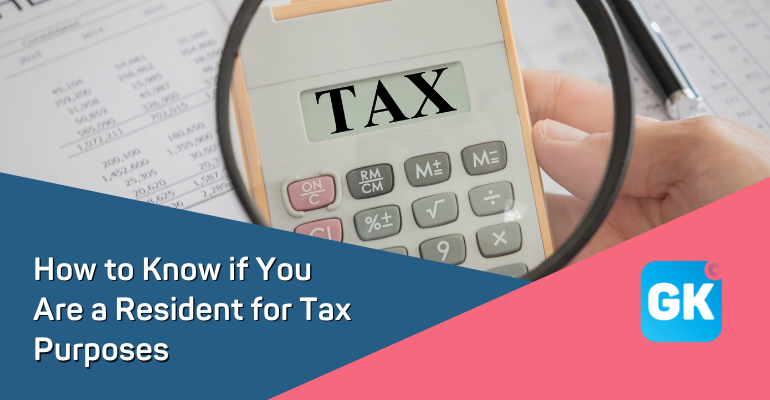How to Know if You Are a Resident for Tax Purposes

Understanding your tax residency status in Ireland is crucial for ensuring compliance with tax obligations and optimizing your financial planning. At Gallagher Keane, we want to simplify this process for you. Here’s a comprehensive guide on determining your tax residency status in Ireland.
Determining Your Tax Residency
Your residency for tax purposes in Ireland hinges on the number of days you spend in the country during a tax year. The criteria are as follows:
- 183 days or more in a tax year: If you are present in Ireland for 183 days or more in a single tax year, you are considered a resident for tax purposes.
- 280 days or more over two years: If you are present in Ireland for a total of 280 days over the current tax year and the preceding tax year combined, you are also considered a resident. However, if you are in Ireland for 30 days or less in a tax year, you will not be considered a resident.
What Constitutes a ‘Day’ in Ireland?
You are considered present in Ireland for a day if you are in the country for any part of that day. There are specific circumstances where this rule does not apply:
- Airside exemption: If you remain ‘airside’ in an airport or port, meaning you stay in an area that is accessible only to travellers and not the general public, you are not considered present in Ireland for that day.
- Unforeseen circumstances: If you are prevented from leaving Ireland on your planned departure day due to sudden or severe weather conditions or the breakdown of an aircraft, you will not be counted as present in Ireland for the day following your intended departure.
Understanding a ‘Tax Year’
In Ireland, a tax year runs from 1 January to 31 December.
Electing to Be Tax Resident
Even if you do not meet the day-count criteria, you can choose to be a tax resident in the year you arrive in Ireland if:
- You arrive with the intention of being a resident in the following tax year.
- Barring unforeseen circumstances, you will indeed be a resident in the following tax year.
Opting for tax residency in Ireland means you will be taxed on your worldwide income, but it also allows you to claim full tax credits. To make this election, you must inform Revenue in writing.
Letter of Residence
If you need to confirm your tax residency status to a foreign tax authority with which Ireland has a Double Taxation Agreement, Revenue can provide you with a Letter of Residence. Note that this letter is only for confirming tax residency to foreign tax authorities and cannot be used for any other purpose.
Contact us:
Navigating tax residency rules can be complex, but understanding the basics can significantly affect your tax liabilities and benefits. At Gallagher Keane, we are here to help you make informed decisions about your tax residency status. If you have any questions or need assistance with your tax planning, please feel free to contact us.


